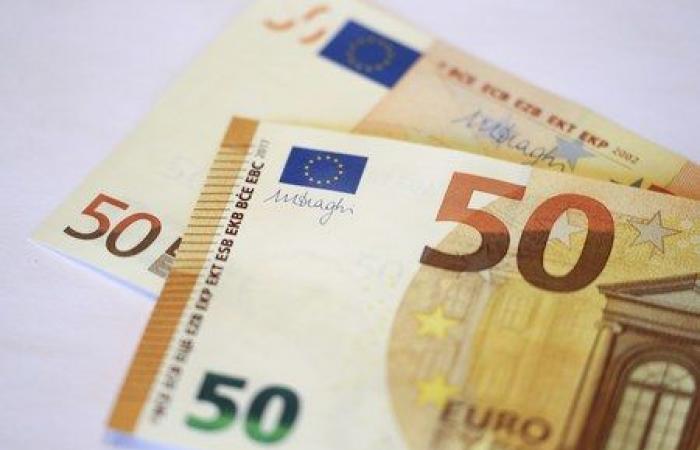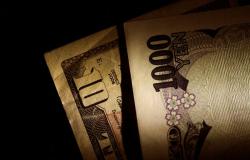The Australian and New Zealand dollars started the week strong as slowing inflation in the United States reinforced bets on an interest rate cut, while they lost ground against a dynamic euro after the first round of elections in France.
The Aussie rose 0.1% to $0.6672, after gaining 0.4% last week to $0.6689 on the back of benign US PCE data, which kept the outlook for a September interest rate cut…
It still faces resistance around 67 cents, while having support at $0.6576, a range it has held at for the past six weeks.
The New Zealand dollar gained 0.3% to $0.6102, after bouncing off the 200-day moving average of $0.6069 on Friday to break its recent downward trend. It fell 0.5% last week.
Both currencies lost ground against the euro, which recovered somewhat from recent sales, after the first round of French elections on Sunday showed that Marine’s far-right National Rally (RN) party Le Pen won the largest number of votes, but with a smaller share than some polls had initially predicted.
The euro gained 0.3% to 1.6107 Australian dollars, moving away from a one-year low, while it also rose 0.1% to 1.7611 New Zealand dollars.
The two antipodes also reached new heights against a battered yen. The kiwi hit a 34-year high of 98.29 yen, while the Aussie hit a 17-year high of 107.57 yen.
In Australia, house prices continue to reach record highs, with a further rise of 0.7% last month, increasing household wealth.
The Commonwealth Bank of Australia on Monday upgraded its forecast for house prices this year to an increase of 7% from 5% previously, noting that the risk remains to the upside.
“The short-term risk of rising interest rates would limit the risks of rising house prices and even slow the pace of growth,” said Belinda Allen, senior economist at the CBA.
Given persistent inflation, markets are betting on a 65% chance that the Reserve Bank of Australia will have to raise its current 4.35% interest rate in August, which has supported the Aussie in recent weeks.
The RBA will release minutes of the June meeting on Tuesday and retail data is due on Wednesday.
The tax cuts, intended to give every Australian taxpayer more money to cope with the rising cost of living, came into force on Monday.






